When Avenged Sevenfold put tickets on sale for a stadium show in Mexico City earlier this year, it sold out in just 20 minutes. The swift turnout reflected the band’s strong international following, especially in Central and South American cities, where enthusiasm for live metal performances runs high and ticket demand often outpaces supply.
For frontman Matt Sanders, known to fans as M. Shadows, that response signaled something deeper. He argues artists today have opportunities to move beyond the limitations of the stage and build longer-lasting relationships with their communities. Over the past few years, Sanders has emerged as a leading figure among musicians exploring blockchain-based infrastructure—tools originally developed for finance that now support everything from digital collectibles to verifiable access passes.
In 2021, the band launched Deathbats Club, a 10,000-token NFT collection that sold out quickly and now serves as a token-gated fan club. It offers members exclusive perks like private listening parties, early ticket access, skip-the-line passes, and limited-edition merch. The club was the band’s first experiment with on-chain fan engagement and set the foundation for what came next.
Building on the newly mobilized fanbase, they then introduced Deathbat Rewards, a free loyalty program that promotes engagement across a broader fanbase. The program connects real-world behavior like concert attendance, merch purchases, streaming activity to perks delivered to those who have opted in.
In the interview below, Sanders outlines to OpenSea the technical architecture behind Deathbats Club and Deathbats Rewards, shares how his team collaborated with global ticketing firm Ticketmaster and web3 development company Bitflips, and explains why artists of all genres may benefit from building fan ecosystems that operate on their own terms.
Note: This transcript has been edited for length and clarity. The interview was conducted March 25, 2025.
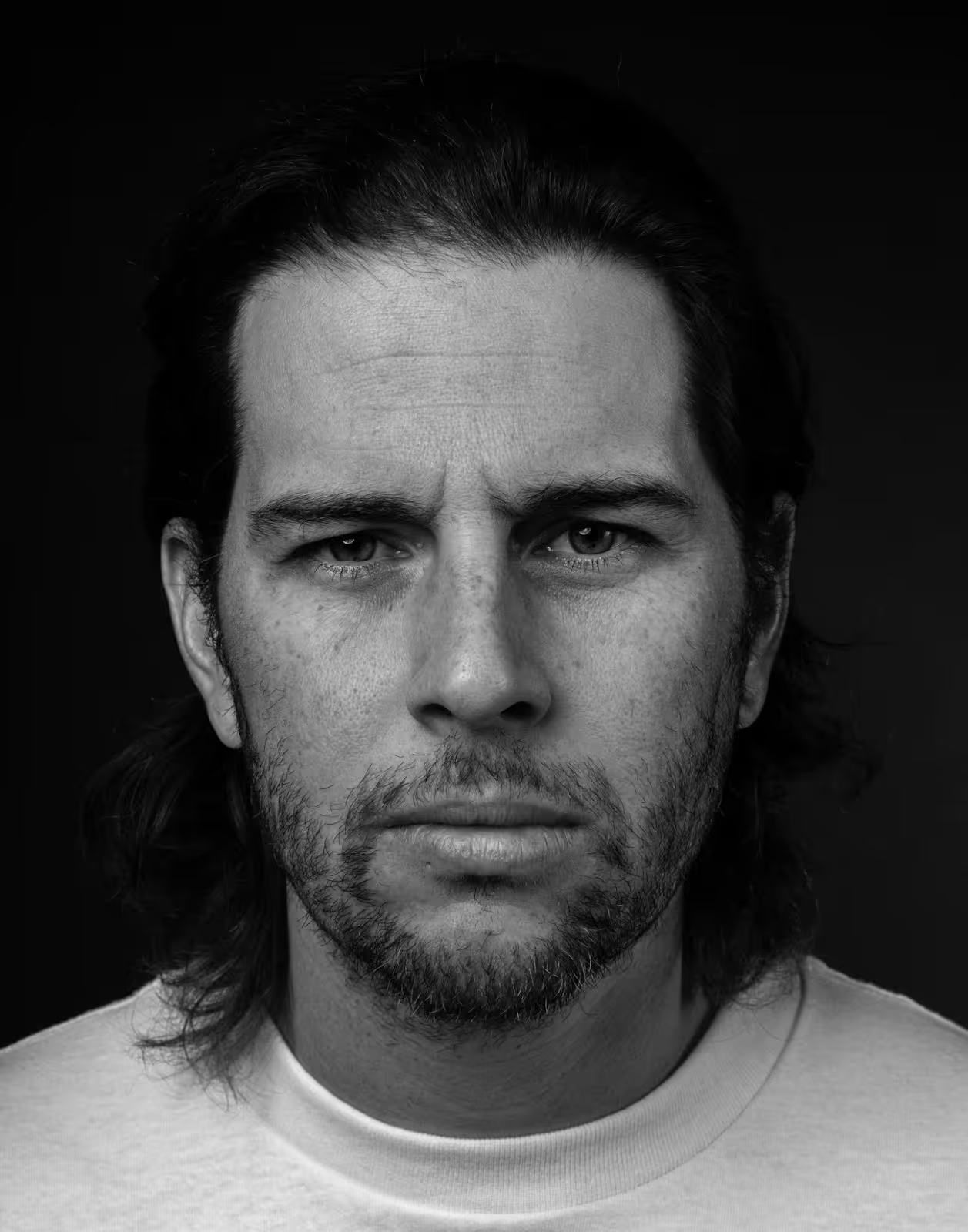
OpenSea: It’s good to connect with you, Matt! You’re gearing up to head to South America soon for a show. What’s the fan response been like there?
M. Shadows: South America has probably the most passionate metal fan base in the world. We put our Mexico City stadium show on sale last week and it sold out in 20 minutes. São Paulo and Santiago were the same. People there are hungry for music, and they show up in a really powerful way.
OpenSea: Why do you think that is?
M. Shadows: I think some of that comes from the political environment and the deeper cultural energy. You see it in Southeast Asia as well. It used to be more in Europe, but now Europe’s gotten a little saturated. The crowds in South America still respond to heavy instrumentation, theatrical performances, and strong storytelling. That imagery resonates, especially in cultures with deep religious traditions.
OpenSea: Your band plays with themes that lean into those visuals—religious, cinematic, emotional. I imagine that connects even more.
M. Shadows: Definitely. We’re following in the footsteps of bands like Iron Maiden and Metallica. Those bands always had a strong presence there because of their visuals and the storytelling in their music. People connect with that.
OpenSea: Aside from touring, what’s been keeping you creatively charged lately?
M. Shadows: The whole landscape of music is exciting right now. Everything’s been turned upside down since the rise of streaming and social platforms. We used to have big gatekeepers like MTV and radio. Now, the internet gives people whatever they want, whenever they want. That makes it harder to stand out, but it also gives artists the chance to make their own rules.
Today, we can experiment, release more or less music, try surprise drops, integrate virtual reality or web3 tools. I see it as a return to artistry. Music used to feel more like commerce for a long time. But if you’re here now, you’re probably doing it for the love of the craft.
OpenSea: It sounds like you view technology itself as part of the creative palette. Do you approach new tools like VR or blockchain as artistic mediums in their own right?
M. Shadows: Exactly. Take the stereo, for example. The Beatles wrote music knowing how it would sound on specific hardware. Today, we can write music with VR or spatial audio in mind. A friend of mine who develops video games once asked, “What happens when people start experiencing music inside virtual environments?” That question changes how you write. It becomes more cinematic, more immersive. It’s just another source of inspiration.
OpenSea: That shift toward multi-sensory, format-aware experiences certainly creates opportunity, but also some fragmentation. How do you think about maintaining cohesion across all these platforms? Does experimenting with format ever create friction with your audience?
M. Shadows: Some people will always push back on change. That’s part of it. But our job as artists is to lead. You can’t write by committee. When Apple rolls out a new iPhone, people complain then adapt. It’s the same with music. You need to guide listeners toward what’s next.
For example, we did a VR concert that really should’ve only been experienced inside a headset, but most people don’t own one yet. That’s okay. Just like cell phones took time to catch on, VR and web3 will reach scale eventually. Our job is to build the bridge.
OpenSea: Incredible. Now, let’s talk about Deathbats Club. You launched it in 2021 with 10,000 NFTs. What was the original idea, and what has it evolved into today?
M. Shadows: I’ve been in crypto since 2015. Once Ethereum launched and smart contracts became possible, I started to imagine real applications. When CryptoPunks and Bored Apes launched, I realized we could build a fan club on-chain, something that gave users actual utility and ownership.
We launched Deathbats Club in 2021. It sold out quickly, with all 10,000 tokens held by 6,000 unique fans. From there, we started offering early ticket access, merch perks, parties, and skip-the-line experiences. It’s a fan ecosystem, but decentralized.
OpenSea: You also collaborated with Ticketmaster to pilot blockchain-based ticketing. What problem were you aiming to solve, and how did that partnership come together?
M. Shadows: I gave a talk at NFT LA and ended up meeting David Marcus from Ticketmaster. We sat down for lunch and discussed solving the scalping problem. We asked, “What if verified fans had a token that granted access, and bots or resellers couldn’t get in?”
We designed a system where Deathbats Club members received early access without queues, bots, or inflated resale prices. That became the blueprint for Deathbat Rewards, the fan club’s free, tiered program that rewards fans with points based on their activity: attending shows, buying merch, streaming music. It’s like an airline loyalty program, but for concerts.
OpenSea: You now have 50,000 fans participating in Deathbat Rewards. What’s powering the backend, and how are you tracking fan activity without compromising ownership or privacy?
M. Shadows: We built our entire Deathbat Rewards infrastructure through Bitflips, a web3 development company I co-founded with some longtime friends and engineers. Fans can sign up with just an email and get a custodial wallet if they want. We integrate with platforms like Shopify and Ticketmaster, so points are automatically added when you scan a ticket or buy a tour shirt.
Fans don’t have to use new tools. They can interact the way they already do, and we reward them accordingly. That includes everything from meet-and-greets to digital stubs to limited-edition merch drops.
OpenSea: Are other artists starting to adopt your model?
M. Shadows: Yes, we’re onboarding others now, including Megadeth. But we’re very selective. We want to keep this away from any major labels that hold old ideas and bad incentives. Not all are bad, but some tend to replicate the same control systems. Our model puts power back in the artist's hand. We don’t brand anything with Bitflips for that reason. Artists own their data, smart contracts, and designs. It’s like an AWS toolkit for music, but the data is treated in a decentralized way.
OpenSea: Do you see yourself moving into education and helping more musicians understand how to build this type of ecosystem?
M. Shadows: I talk to a lot of artists about this. But honestly, my focus right now is on building. Web3 has become noisy—too many speculative projects. So we just keep improving our tools, releasing new features, and letting word-of-mouth do its thing. That feels more authentic than constant marketing.
OpenSea: Many still associate NFTs with hype cycles. How do you explain their real-world value to skeptics?
M. Shadows: NFTs are just data. They’re a way to record ownership and access, permanently, on the blockchain. That data can be tied to rewards—real tickets, exclusive experiences, whatever you want.
The problem is when people expect every token to go up in price. That’s not what this is about. Deathbats Club tokens get you into meet-and-greets, merch drops, and raffles. That’s the value. It’s very straightforward.
OpenSea: You’ve even tokenized your meet-and-greet experience. Can you explain how that works?
M. Shadows: We give out 25 meet-and-greet tokens per show. They’re earned through our rewards system, and they can be resold or gifted. Two are listed on Rarible right now. We don’t price them or control them. Whoever holds the token can show up.
We’ve never done paid meet-and-greets. That didn’t sit right with us. Instead, we built a system that identifies our most engaged fans, and those are the people we meet.
OpenSea: Amazing. So what’s next for you and the band?
M. Shadows: We’re heading to Eastern Europe in June and South America this fall. We’re onboarding new artists and expanding the platform. Every week, we’re rolling out new functionality. This is a long-term priority for us.
OpenSea: Where can people learn more or get involved?
M. Shadows: Visit AvengedSevenfold.io and Bitflips.io. You can sign up with just an email and we’ll set up the rest. No need to touch a wallet unless you want to.
OpenSea: Thank you for your time, and for sharing so much detail about your vision.
M. Shadows: Thanks, I really appreciate it.
.avif)


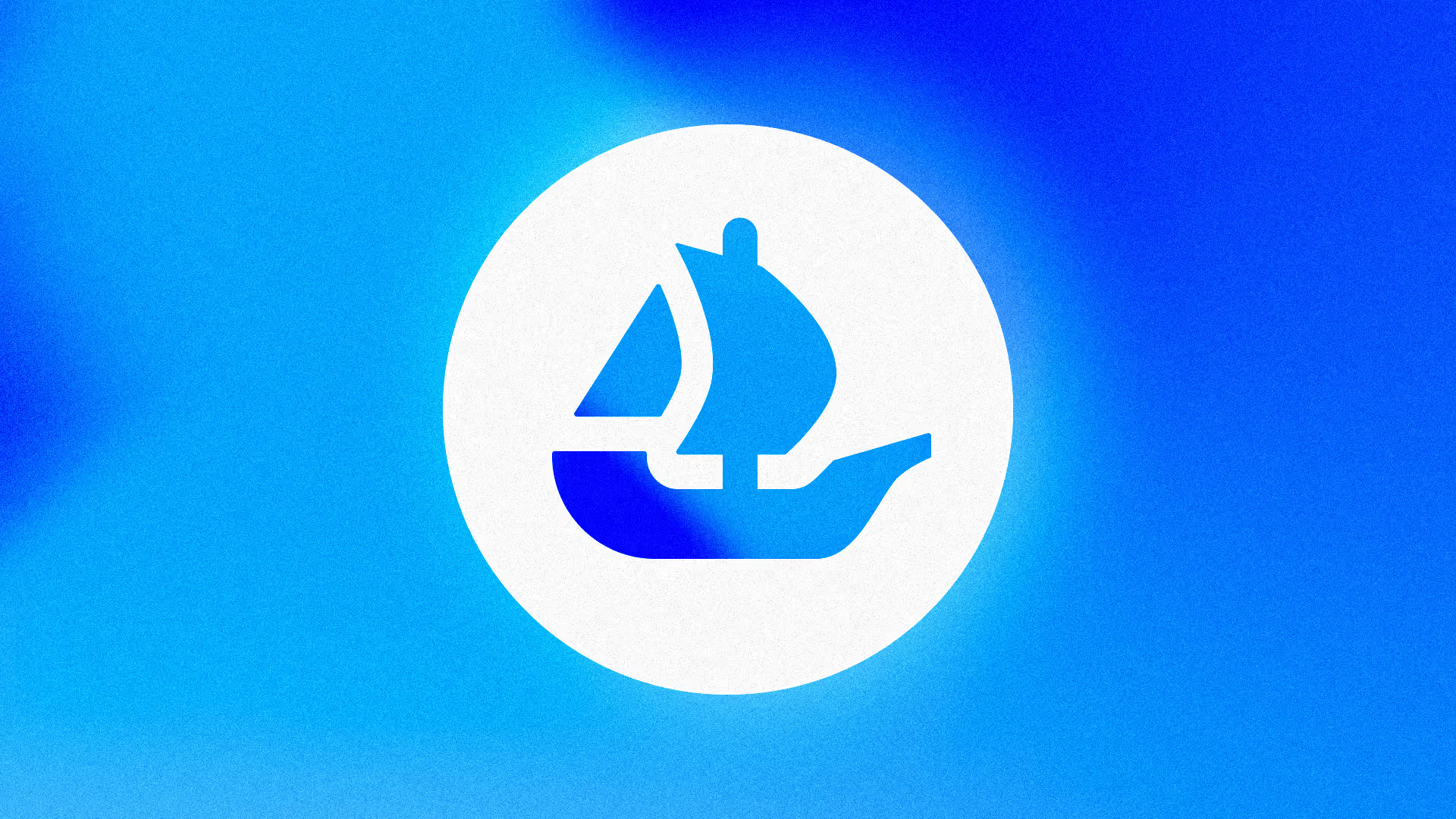
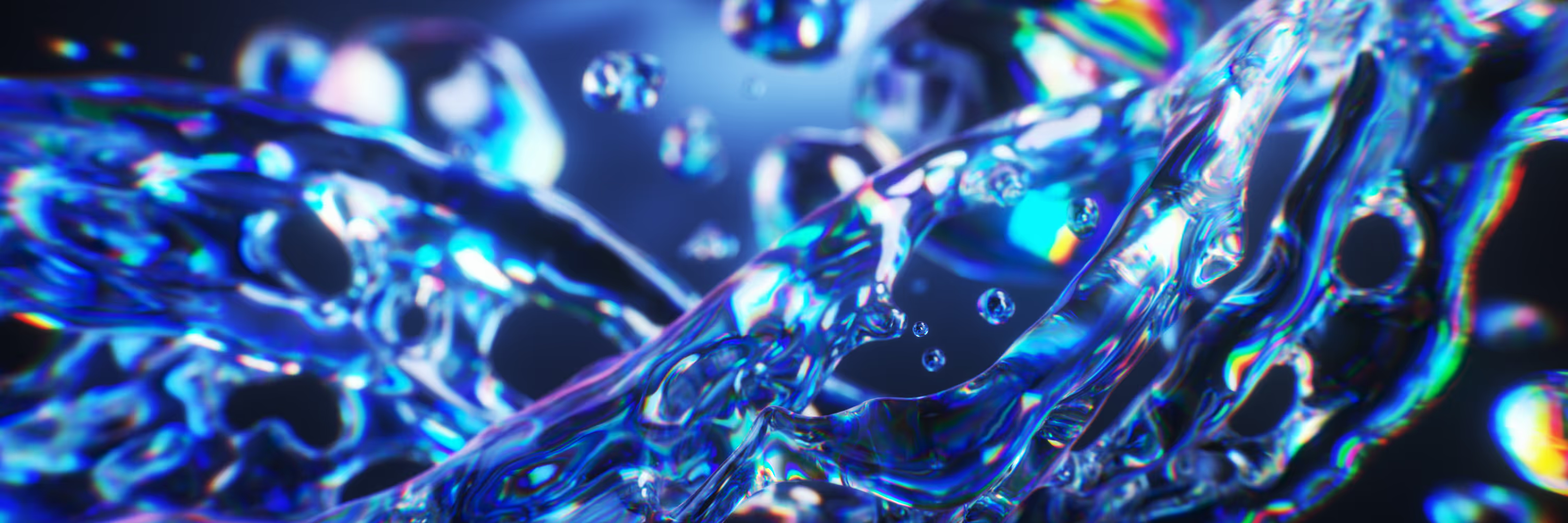
.avif)
.png)
.png)
.png)

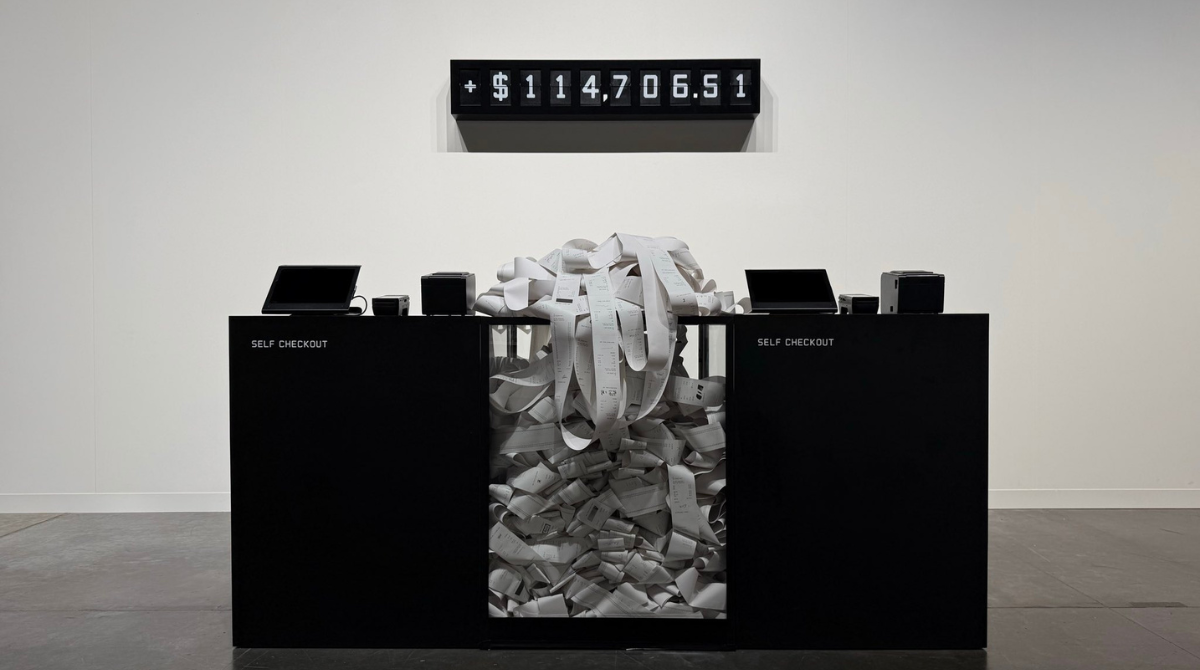
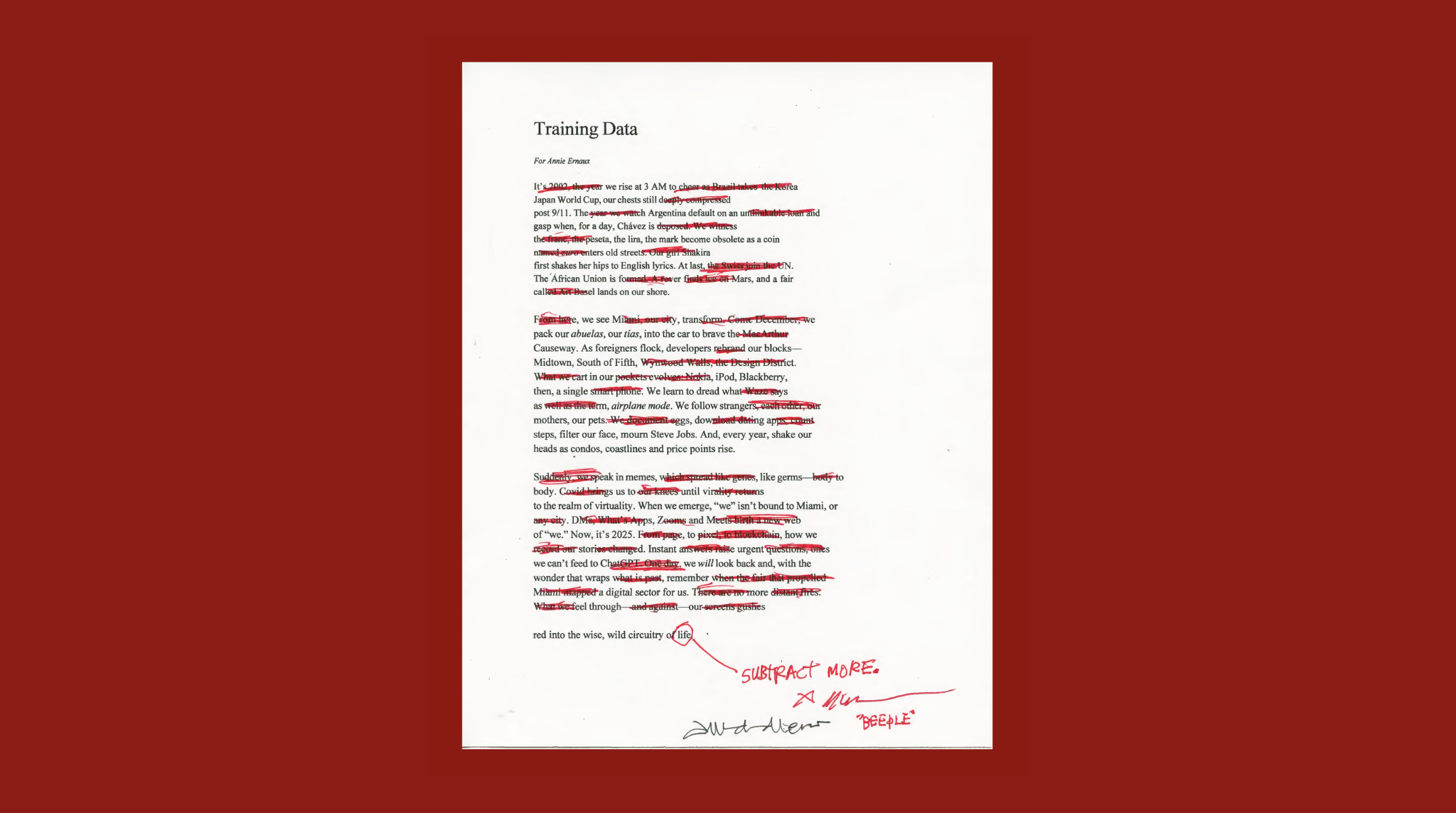
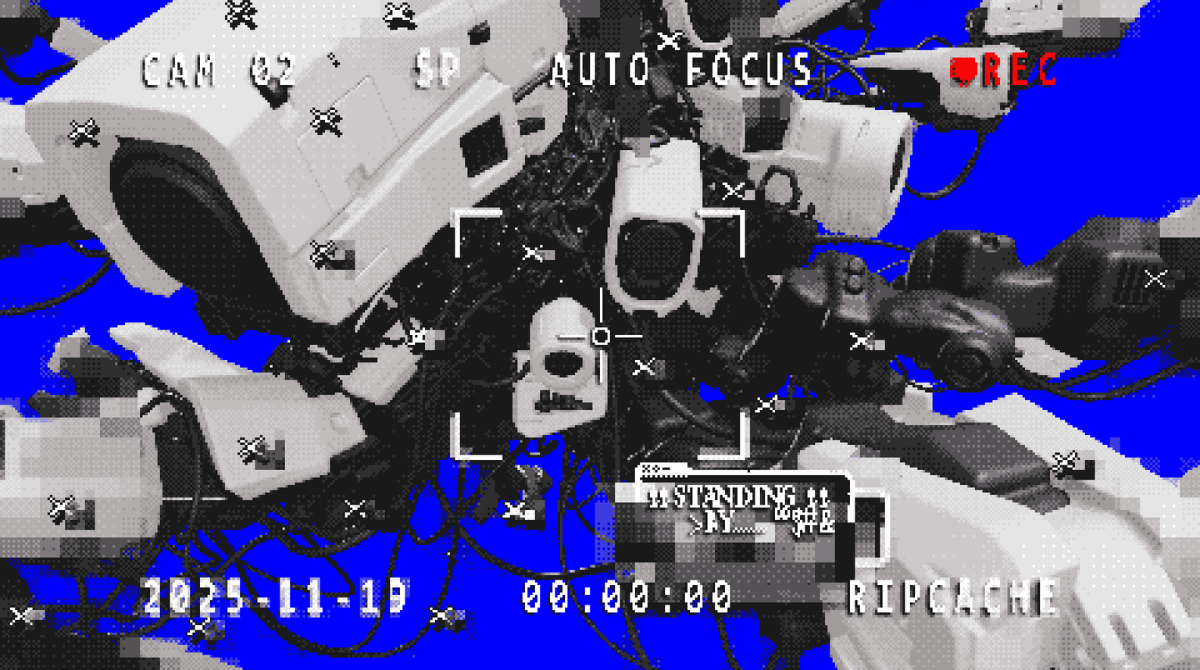
.png)